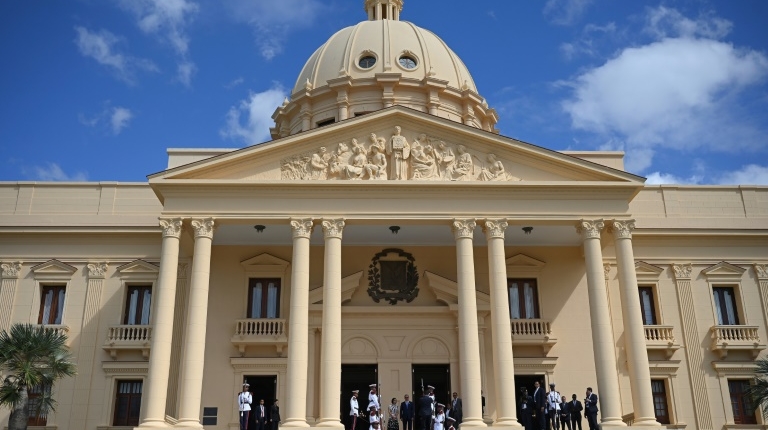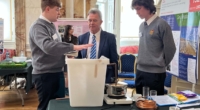The Ibero-American leaders summit held in the Dominican Republic addressed the food crisis affecting a fifth of Latin America’s population, with Latin America and the Caribbean being the regions where eating a basic healthy diet is most expensive. Financing was a central point of discussion, and the summit aimed to approve a roadmap towards food security, charters dealing with technological threats and environmental protection, and a proposal for a fairer and more inclusive international financial architecture that allows financing for the post-pandemic recovery. Notably, Mexican President Andres Manuel Lopez Obrador did not attend the summit due to tensions between Spain and Mexico after his allegations that Spanish firms had paid bribes in his country in exchange for contracts. The Inter-American Development Bank had predicted that Latin America and the Caribbean would experience economic growth of 1.0 percent, but the International Monetary Fund has estimated that the figure will be 1.8 percent.
The Ibero-American leaders summit held in the Dominican Republic on Friday addressed the food crisis affecting a fifth of Latin America’s population. According to the United Nations’ Food and Agriculture Organization, Latin America and the Caribbean are the regions where eating a basic healthy diet is most expensive, costing $3.89 per person per day in 2020, compared to $3.19 in North America and Europe. More than 130 million people in the region, which is facing a “difficult” 2023 according to predictions by the Inter-American Development Bank, cannot afford this price. Heads of state and government from 14 of the 22 Spanish- and Portuguese-speaking countries of Latin America and Europe, including Spain’s King Felipe VI and Prime Minister Pedro Sanchez, Portuguese President Marcelo Rebelo de Sousa, and leaders of Chile, Uruguay, Honduras and others, attended the two-day summit. Financing was a central point of discussion, and the summit aimed to approve a roadmap towards food security, charters dealing with technological threats and environmental protection, and a proposal for a fairer and more inclusive international financial architecture that allows financing for the post-pandemic recovery. The meeting also served as preparation for a July summit of the UN Economic Commission for Latin America and the Caribbean and the European Union.
The Inter-American Development Bank had predicted that Latin America and the Caribbean would experience economic growth of 1.0 percent. However, the International Monetary Fund has estimated that the figure will be 1.8 percent. Notably, Mexican President Andres Manuel Lopez Obrador did not attend the summit and sent an under-secretary instead of his foreign minister, which reflects tensions between Spain and Mexico due to Lopez Obrador’s allegations that Spanish firms had paid bribes in his country in exchange for contracts.
Don’t miss interesting posts on Famousbio









